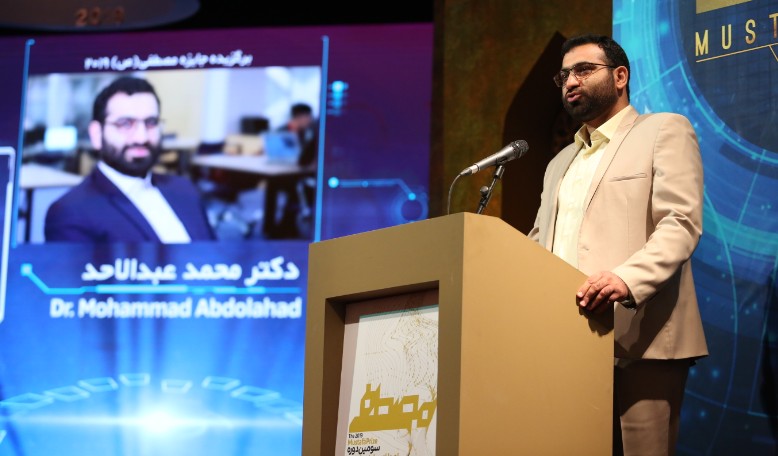STEP 7 offered scientists an opportunity to discuss COVID-19 treatments


The Mustafa(Pbuh) Prize laureate stated that the Mustafa(Pbuh) science and Technology Foundation (MSTF) successfully held the 7th round of Science and Technology Exchange Program (STEP), where scientists of the Islamic world were apprised of other activities of the Islamic countries.
MSTF Media reports:
With regard to treatment plans for COVID-19, Mohammad Abdolahad, the 2019 Mustafa Prize laureate from Islamic countries, said: “We have filled the gap between science production and products. For the last two months, we have studied the scientific developments in virology and could find an electronic translation for it. We could also design and develop sputum and blood sensors.”
“Currently, the sputum diagnostic sensor is in the commercialization stage and is being tested by the I.R.I. Ministry of Health and Medical Education. The blood sensor, however, is being studied and is in the research stage. We could develop a scientific research study into a usable product over two and a half months, which could be used as a primary screening,” he added.
Referring to the efforts made by the MSTF in holding the 7th STEP meeting, Abdolahad said: “STEP 7 provided us with information about other activities conducted in Islamic countries. So far, Prof. Hossein Baharvand, Prof. Ugur Sahin, and Prof. Jackie Ying have undertaken good activities among other scientists from Islamic countries. STEP provides an opportunity for scientists to come together.”
He maintained that “most doctors advise that patients have a rest and be under the care of physicians; therefore, pre-visit tests play a key role. This system is useful for winnowing individuals suspected with COVID-19.”
“It is important that the virus be detected early. We have tried to minimize the negative mechanisms. This diagnostic system has had good results,” he added.
Regarding the efficacy of the sputum sensor, he stated that “this sensor can perform initial monitoring, i.e., individuals with no symptoms would do a sputum test. If the test shows a reactive oxygen species (which is indicative of a viral infection), the individual will be required to do more comprehensive medical analyses.”
The 2019 Mustafa Prize laureate from Islamic countries referred to the blood test method, saying: “Collecting a sputum sample from a patient is more difficult than taking a blood sample, because the former is relatively unsafe and can exacerbate the epidemic. Accordingly, we came to the conclusion that taking a blood sample would be a better alternative. As a result, we have done our research on blood and what it has to do with the virus.”